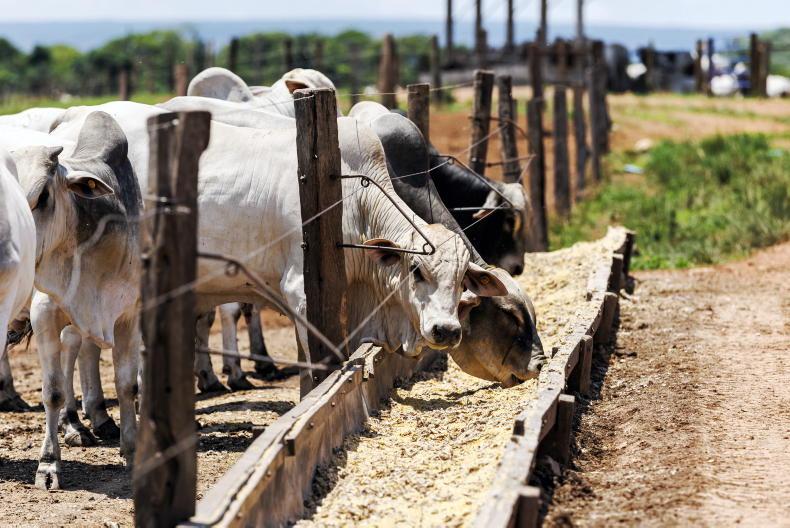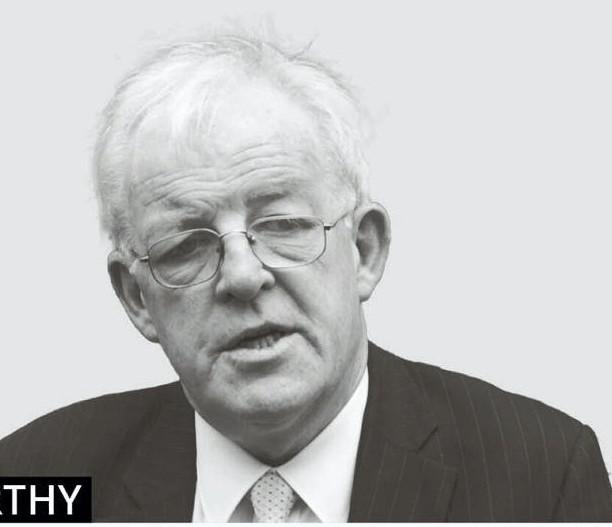Almost four years have passed since the EU and the Mercosur countries (Brazil, Argentina, Uruguay and Paraguay) signed off on a trade deal after 20 years of negotiation.
However, the ratification process hasn’t really begun, as considerable opposition has built in the EU Parliament and several member states, particularly Austria and to a slightly lesser extent France. The Irish Government has taken something of a run with the hare, hunt with the hounds approach.
Party spokespersons from farming constituencies and those with a strong environmental focus will voice strong concerns and “oppose” the agreement, but the Government has never forcefully opposed it in the way Austria and France have.
Not just about agriculture
The reason for this is that the Irish Government sees considerable potential in the agreement to grow Irish exports by €1.2bn by 2035 according to the impact assessment published in June 2021. This will be mainly from chemicals (including pharma) and technology including computers, electronics, optical products and electrical equipment/machinery. There will be some limited opportunities for processed foods and drinks, particularly whiskey.
The impact assessment did recognise that there was a threat to the beef sector, but in an era where the narrative is that tech is good and livestock-based agriculture is bad, farmers need to be aware that the Government will be looking at the Mercosur deal from several angles.
Timeframe and Austrian proposals
Brussels-based trade publication Agra Facts reported this week that Commission President Ursula von der Leyen is expected to visit South America next month and that there is growing ambition to resolve outstanding issues by the middle of July.
Against this background, Austria tabled a paper at this week’s Council of Agriculture ministers. It picks up on the limitations of the 2019 agreement in relation to sustainability, particularly in the context of EU ambition in the Green Deal and the ongoing talks intended to address these in a “joint interpretative instrument”, which sounds like an addendum to the original agreement. The Austrians have also highlighted the need to have any association agreement approved by the member states as well as the EU Council and Parliament.
They also highlighted that the €1bn fund referred to by then-commissioner Phil Hogan – to cushion the impact of the deal for farmers – has not been budgeted for. The Austrian submission also calls for a “comprehensive update of the impact assessment of cumulative free-trade agreements (FTAs), including sectoral impacts at member state level”.
No impact assessment of Brexit
While the Austrian submission goes on to highlight several other issues around controls and practices, it is the latter point where farmers should be most concerned. Since the Irish Government’s impact assessment in 2021 and the EU impact assessment published in March 2021, the UK has confirmed free-trade deals with Australia and New Zealand. These give exceptional access to the EU market for beef, sheep meat and dairy, which hasn’t featured in the impact assessments undertaken to date.
These have to be part of the calculation, because increased UK imports from Australia and New Zealand increase the possibility of increased UK exports to the EU. This possibility would increase further if, as expected, the UK concludes its own negotiated trade deal with Canada to succeed the rolled over EU deal.
The reality for Irish farmers is that on implementation, the Mercosur trade deal will mean more South American beef on the EU market; the only question is how much this will be determined by market conditions at any given time. Since the original deal was agreed in June 2019, the UK has gone on to open its doors widely to imports from Australia and New Zealand, with Canada likely to follow. Though confined to the UK, it will mean more product in Europe and greater chance of additional UK product moving into the EU market, with increased competition for Irish exports in both the UK and EU markets.
Irish farmers may hope the Government would oppose the Mercosur deal and refuse to ratify it, but there is no evidence yet that suggests they will take a lead in this. Farmers should not underestimate the influence of tax revenues generated from the sectors that would benefit the most from a Mercosur deal. If the collateral damage of Mercosur was a reduction in the Irish livestock sector, that would also mean less emissions. With the push to progress Mercosur at EU-level, it is time Irish farmers had clarity on Government policy.








SHARING OPTIONS